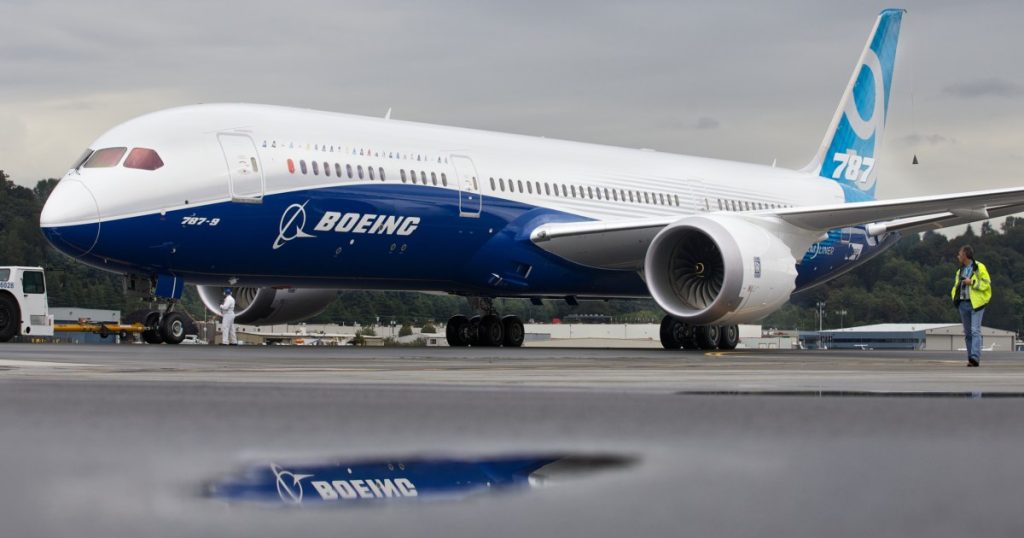Boeing is under fire from whistleblower claims that its 787 Dreamliner planes might have structural issues that could potentially lead to them breaking apart. The Federal Aviation Administration is looking into these claims made by Boeing engineer Sam Salehpour, who has worked at the company for over a decade. Salehpour alleges that changes to the construction process of the Dreamliner have introduced shortcuts that could result in parts of the fuselage coming apart after numerous flights. These concerns follow a series of damaging stories about the safety of Boeing jets, prompting CEO Dave Calhoun and other executives to step down.
The New York Times previously spoke to other whistleblowers at Boeing’s plant in Charleston, South Carolina, where the 787 Dreamliner is manufactured. These whistleblowers claimed that workers were under pressure to work quickly and that safety concerns were being disregarded. One of those whistleblowers, John Barnett, a former Boeing quality inspector, passed away in March while pursuing legal action against the company. Salehpour’s concerns have been previously shared with the Senate Homeland Security and Governmental Affairs Committee, which has been investigating Boeing’s safety culture. Senators Richard Blumenthal and Ron Johnson have been informed of whistleblower claims about potential safety risks with the 787.
Originally launched in 2011, the 787 Dreamliner was revolutionary for having most of its main structure made from composite materials, like carbon-fiber reinforced plastic, which are lighter than traditional materials such as aluminum. Boeing has strongly denied Salehpour’s allegations, stating that comprehensive testing has shown the 787 to be safe to operate with conservative maintenance schedules. The company also highlighted the durability benefits of composite materials, noting that they do not fatigue or corrode like metals do, reducing maintenance needs over the decades of service a plane might provide. However, Salehpour’s lawyer, Debra S. Katz, claims that he raised concerns about the safety of the 787 and the 777 models, only to be ignored and moved to a different project.
Boeing emphasized that it takes safety concerns seriously and has internal protocols for monitoring and addressing such issues, urging employees to speak up without fear of retaliation. The company also stressed the importance of voluntary reporting in ensuring aviation safety, as highlighted by the FAA’s response that encourages individuals in the industry to share information without the threat of reprisal. The new whistleblower claims are putting further pressure on Boeing at a time when it is already reeling from a series of safety-related controversies that have raised questions about its commitment to ensuring the safety of its aircraft. The outcome of the investigations into Salehpour’s claims will likely have a significant impact on Boeing’s reputation and future business prospects.


